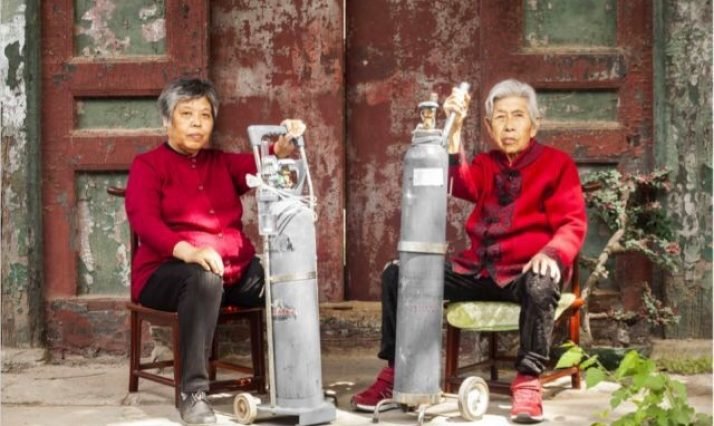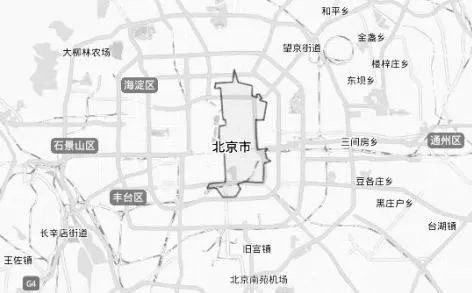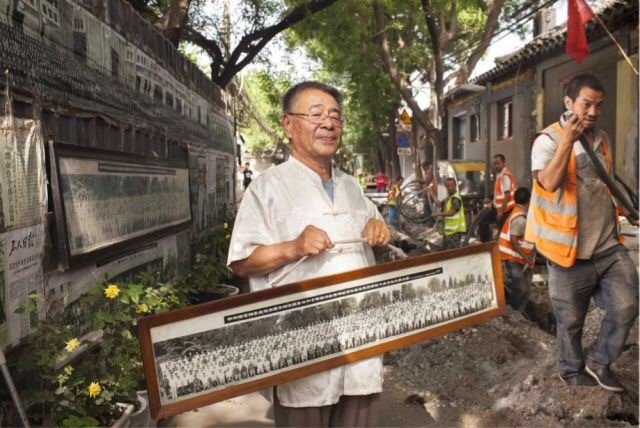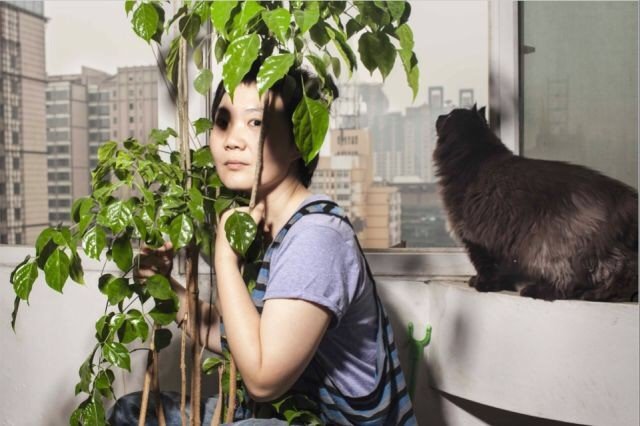23% Beijing – A Mental Map of Dongcheng District

23% Beijing
How does the life quality of citizens in Beijing compare to the Danish capital?
After weeks of exclusive focus on Copenhagen, Danish Cultural Center offers a unique view on Dongcheng District, the part of the Chinese capital which is most similar to Copenhagen with regards to demographics and population.
For decades, economic growth has been the overriding agenda for China’s politics. Although the country’s real GDP per capita has multiplied more than 500%, there is no indication in this measurement of how the accompanying structural changes have impacted on people’s lives. In contrast, the measurement of SWB – subjective well being index – is on average, less than 25%, compared with less than a quarter of a century ago. By using the SWB, we have a better chance at capturing these new concerns, that emerged from Chinas unprecedented transition.
It is from this perspective, that the artist behind 100% Copenhagen, presently exhibited in Danish Cultural Center, Maja Eriksen, prepared a mini mental mapping of the district based on 23 persons, which together represent a diverse group in terms of age, gender, lifestyle, occupation and income level. They were all asked the same questions: How happy are you on a scale from one to ten? – Why? And what is most important to your individual happiness?
The resulting portraits form a snapshot that unveils some interesting issues concerning individual happiness in Beijing. These include private/public ownership, identity confusion, generational tensions, migration, work pressure, pollution, rights, and loss of heritage.

The persons are:
- a philosopher, a student returned from the US, a Cat Café owner, a model, an advertising agent, a banker, a hairdresser, a retired soldier, a civil servant, a cultural heritage officer, a feminist, a TCM practitioner, a green peace campaigner, a transgender person, a journalist, an architect, a disabled person, a 96 year old woman, a nurse, a musician, a migrant worker, a teacher, and a freelancer.
The resulting portraits form a snapshot that unveils some interesting issues concerning individual happiness in Beijing. These include private/public ownership, identity confusion, generational tensions, migration, work pressure, pollution, rights, and loss of heritage.


Photos and text: Maja Nydal Eriksen, graphic design: Elisavet Papageorgiou.
Assistant Cai Xinhuan, Institute for Provocation
Residency project funded by: S.C Van Foundation and Danish Arts Council
Production: Danish Cultural Center and Institute For Provocation